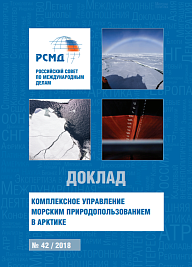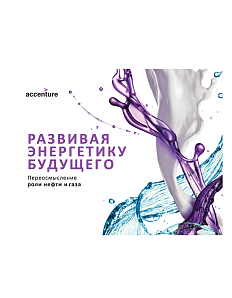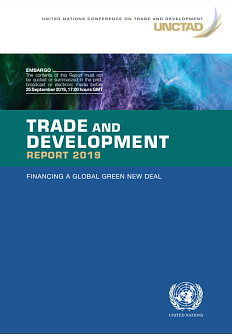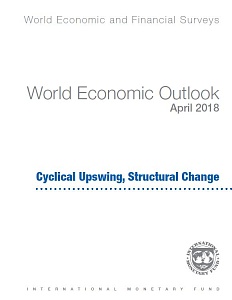In recent years, the Arctic Council (AC) has been discussing the ways to improve marine management in the Arctic Ocean on the basis of the ecosystem approach. However, the implementation of principles of ecosystem-based marine management requires handling of challenging issues in this field. First, the boundaries of ecosystems do not generally correspond to the limits of national jurisdiction of the coastal states. Secondly, it is necessary to provide optimal integration of the regional marine spatial planning measures with the work of sectoral international organizations. Thirdly, the development of integrated ecosystem-based marine management in the Arctic requires comprehensive consolidation of relevant scientific efforts.
.png)
Synergy effects could be increased by establishing within the AC (or under its auspices) of a regional program aimed at systematic planning, coordination and integration of scientific research for the purpose of introducing integrated approach to marine management, developing recommendations related to spatial planning to inform decisions adopted by the Ministerial meetings of the Council after consideration by the SAO (Arctic Councils Senior Arctic Officials), and task-orientation of the cooperation between the relevant bodies of the AC and national and international scientific organizations conducting integrated research in the Arctic (such as the International Council for the Exploration of the Sea (ICES), the North Pacific Marine Science Organization (PICES), the International Arctic Science Committee (IASC)). Addressing these goals is possible both through gradual enhancement of the focused work of the Arctic Council in the above-mentioned fields, without fundamental changes of its structure and methods, as well as through significant expansion of the mandates of its bodies, in particular endowing the AC with international legal personality, transforming the AC Secretariat into Commission of the AC with relevant mandate or creating a special subsidiary body.
Regulation of other types of economic activities that fall out of mandates of existing global or regional sectoral organizations, but that could have potential adverse impact on marine ecosystems and biodiversity of the region, is possible on the basis of regional agreements between the member states of the Arctic Council aimed at resolving specific problems, which would be open for accession by third states. In this process the Arctic Council could make use of such resource as broad number of the observer states, which could take part in discussions on relevant regional regulations in task forces established for this purpose.
According to the authors, efficient implementation of spatial planning and integrated marine management is possible only in case of enhancing cohesion among the member states of the Arctic Council. Along with active participation of national scientific organizations in the relevant work of the Council, holding regular meetings of the AC member states ministers responsible for environmental protection and science issues and inviting heads of relevant ministries of the observer states, holding of Arctic summits, establishing the practice of regular consultations of representatives from the member states of the Arctic Council to the International Maritime Organization (IMO) with involvement of representatives from the AC observer states could significantly contribute to achieving this end.






